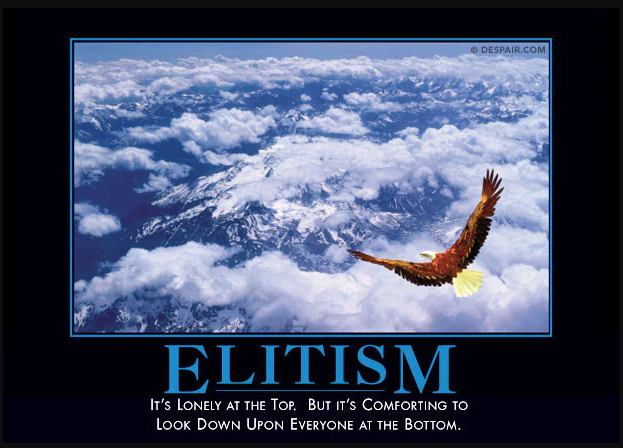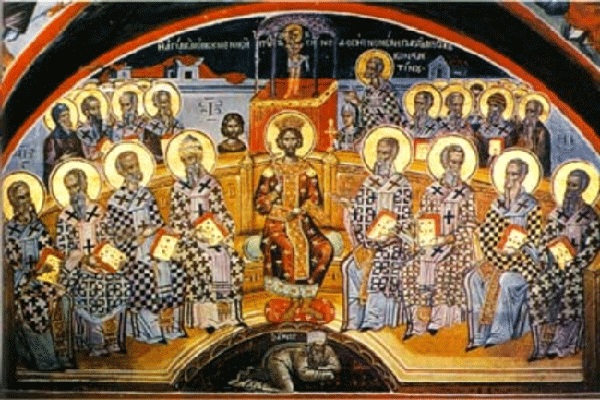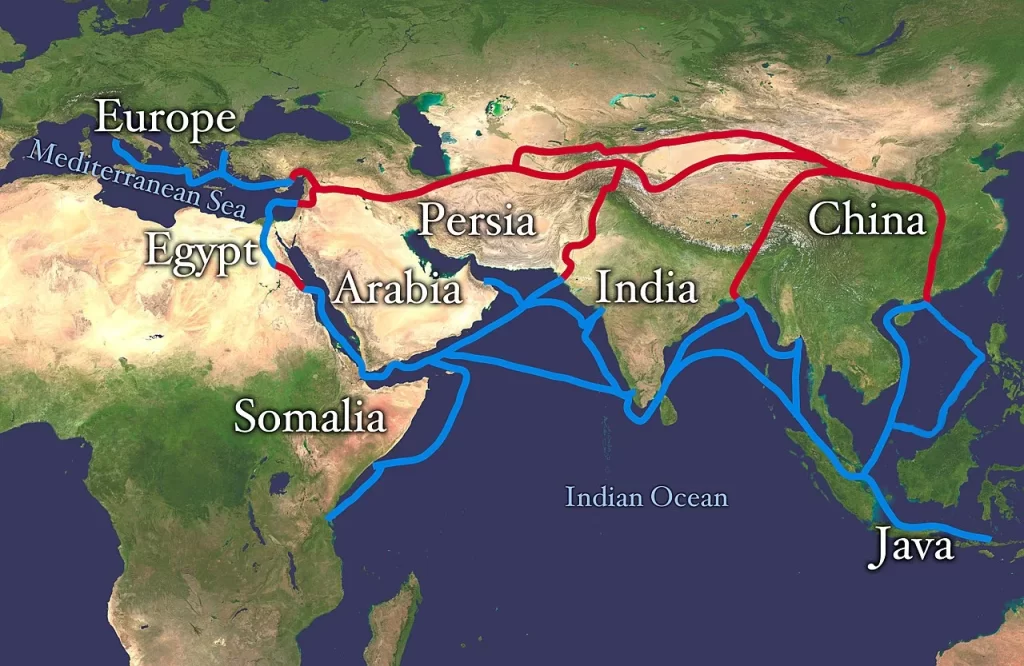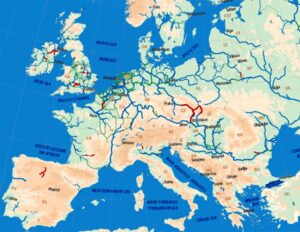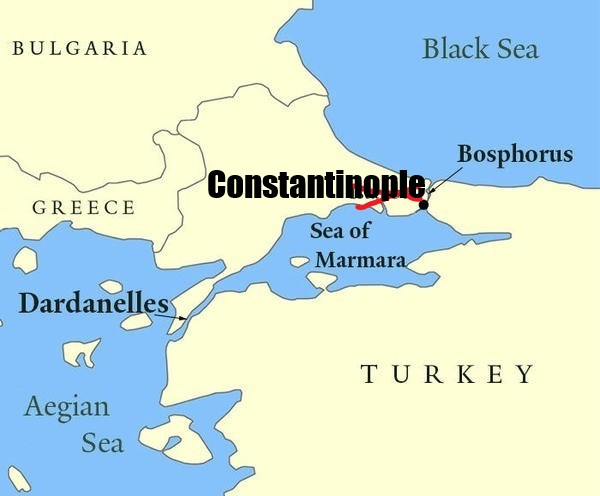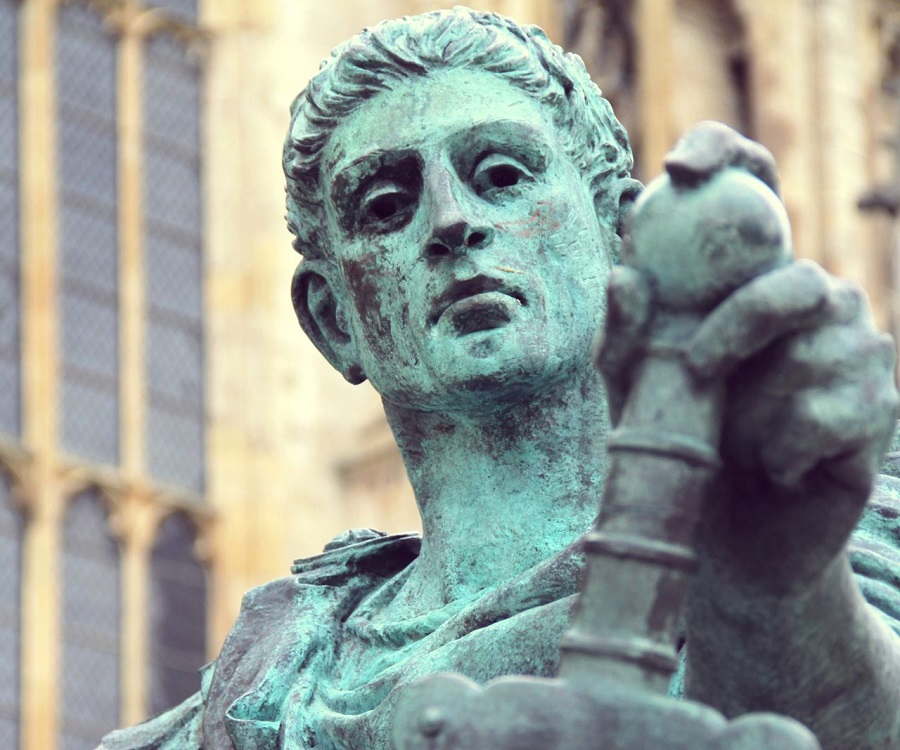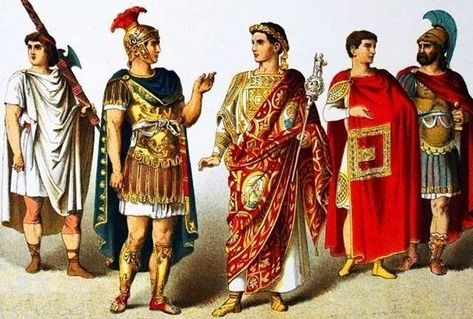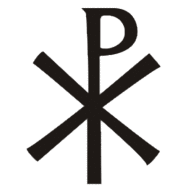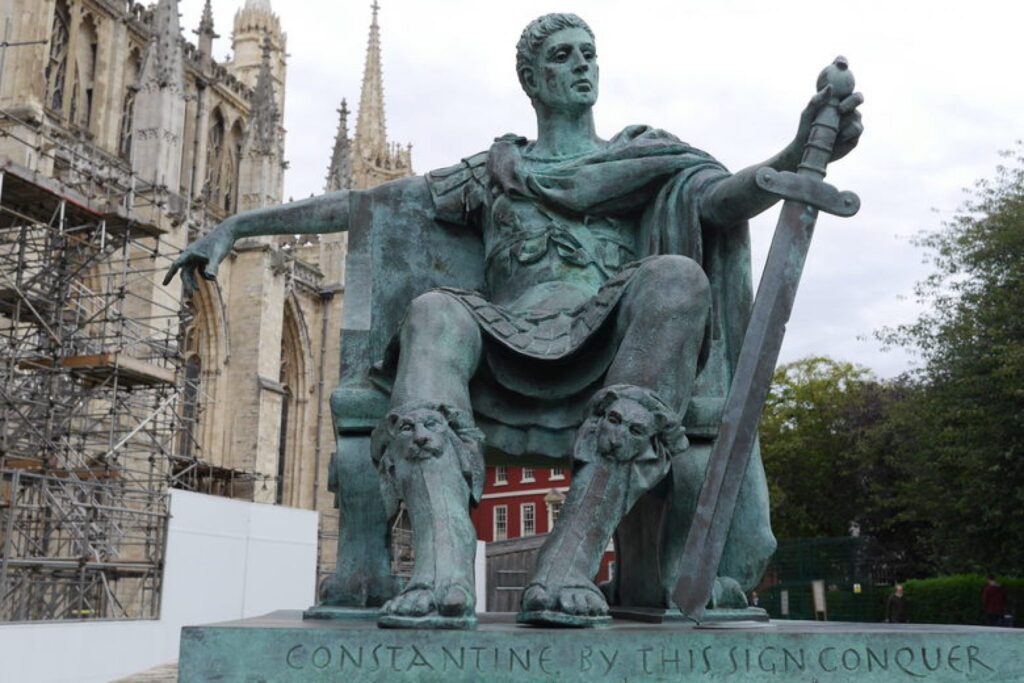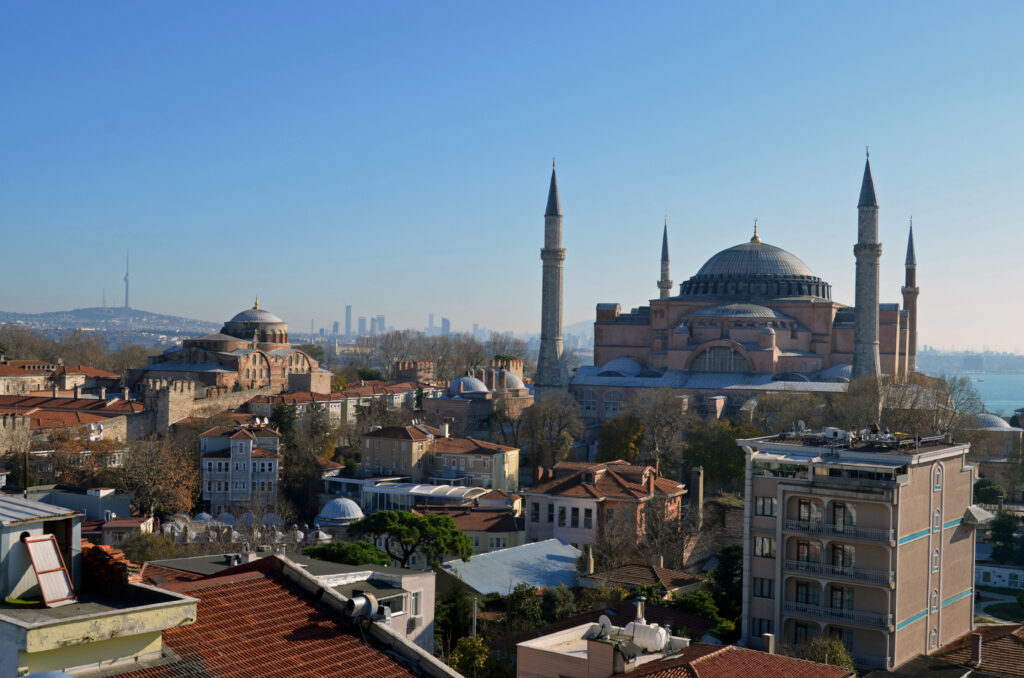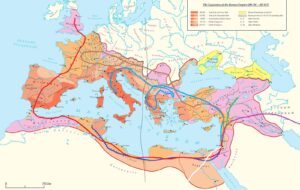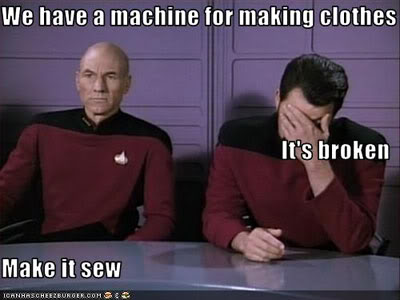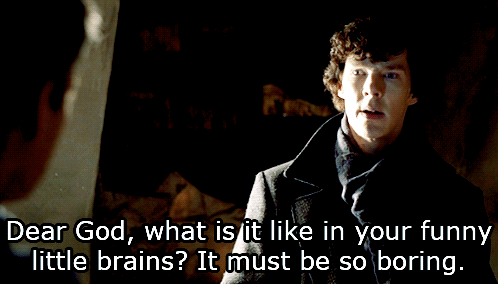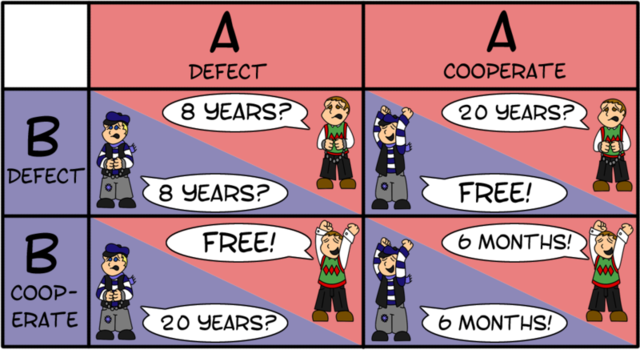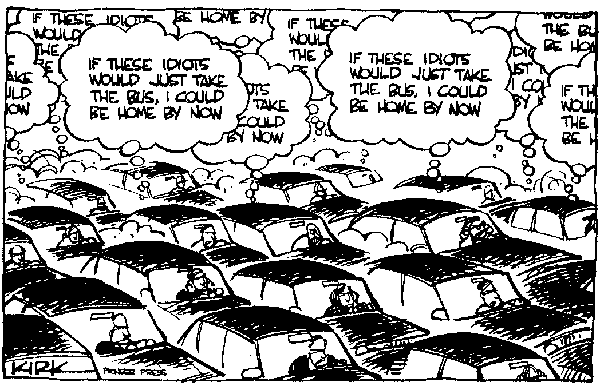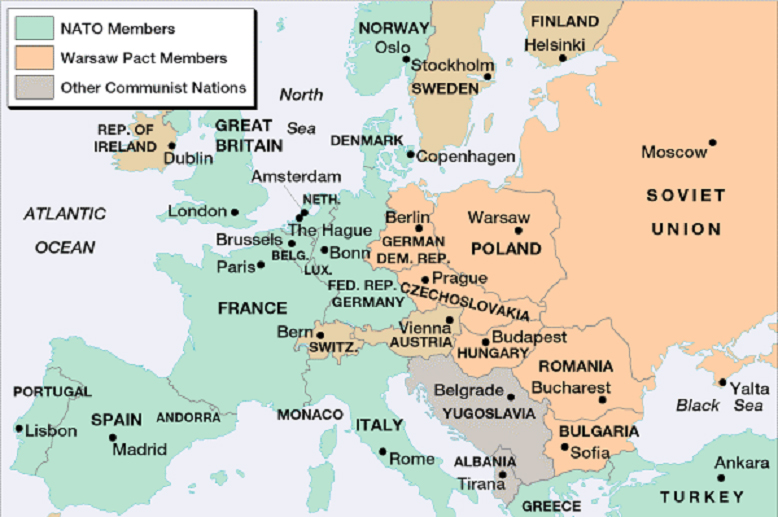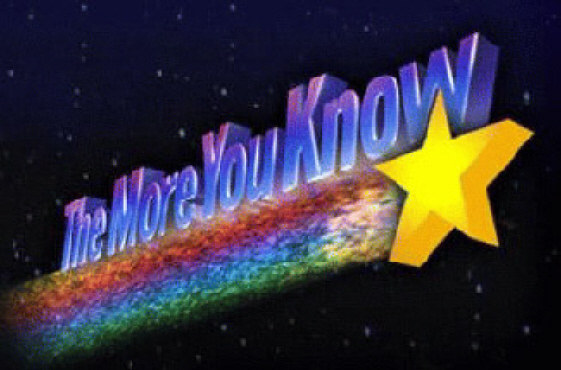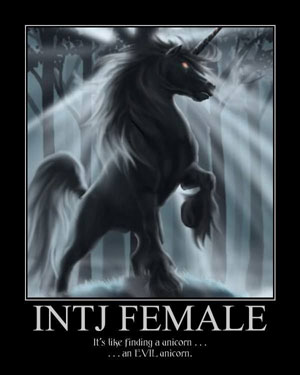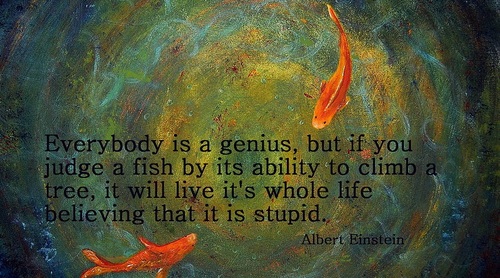So, the next few posts in this series are going to focus a little more on understanding the structure of the Orthodox church and its core beliefs and practices because understanding them is kind of important to understanding why Roman civilization continued and flourished up to the fifteenth century in Byzantium but floundered and collapsed in Rome and points West.
Previously, I warned the Catholics not to come at me over the fact that our two communities haven’t seen eye-to-eye on a lot of things for the better part of over 1500 years. This week, it’s the Protestants’ turn to get their feathers ruffled.
Now, I’m going to say this again: this is the Orthodox point of view. I’m not asking you to take it for your own or to even like it. I’m asking you to accept it as the Orthodox and Eastern view, a view that is very decidedly not Romanocentric. If you can do that, then we can do that “agreeing to disagree” thing. But if you think you’re going to come at me with how the Holy Spirit departed the church in the early centuries because the Pope was bad (it didn’t and the Pope wasn’t always a bad guy), how Christ “shrouded” the Real Truth until Luther/Calvin/Williams/Smith/Henry VIII/Parham/whoever your Modern Prophet Who Talks To Jesus On The Two-Way Radio is was born (go join the Gnostics and talk about how super Magickal and Spiritual you are and how you’re the Mostest Spechulist Widdle Snowflake in the Universe), or how Holy Tradition is wrong and obscures the truth of the New Testament (where in the name of God do you think the New Testament came from, you bloody-minded, squirrel-brained imbeciles?!), then I make you the same offer I made the Catholics last time:
I’ll throw the Golden Gate and the Brooklyn Bridge in free for you fine folks!
Sorry if that seems harsh but if I have to suffer through Yet Another Conspiracy Theory about how there wasn’t a “real, true church” from about 50 AD until Whenever The Great Restorer You Like Was Born AD, then I might start stabbing people with wet noodles. The true, universal and complete (that’s what “catholic” means), and Apostolic church existed in the entire Roman Empire, East and West, from 33 AD without a breach. Even the Roman Catholic Church is an off-shoot of the ancient church — just a section that went off to do its own thing due to political realities and is no longer in agreement with the Synod of the other ancient churches and the newer churches that arose from them (Jerusalem, Antioch, Alexandria, Constantinople, Russia, Bulgaria, Armenia, Ukraine, Japan, the Orthodox Church in America, etc). Some Protestant churches are off-shoots of the Roman branch but most of them… well… no offense, but y’all are a little nuts, okay? It’s like you forgot how to read the New Testament sometimes even though you seem to worship the words in it more than the Word it speaks of.

Why is that, I wonder?
Oh yeah, because of the lack of respect for the ancient traditions we call “Holy Tradition!”
Now, before you start up with your Sola Scriptura arguments, I want you to ask yourself one very, very simple question. I want you to be honest with yourself about it, too. The question is this:
When and how was the New Testament written and compiled and how did the church continue to spread the message of salvation and teach the faith before then?
Now, I answered part of this a few entries back when I said that the books that would come to comprise the New Testament were written between about 35 AD and 95 AD. That’s the “when” part. The “how” part is “they were written with quill or pen on parchment or papyrus.” Remember, the printing press is still about 1,400 years from existing in Europe (and about 850 years from existing in China). The New Testament did not get delivered, already leather-and-cardboard bound and printed in columns with the chapters and verses numbered and words of Christ in red in modern English on Pentecost 33 AD. I mean, the Holy Spirit brings a lot of gifts, but that wasn’t one of them. 😉
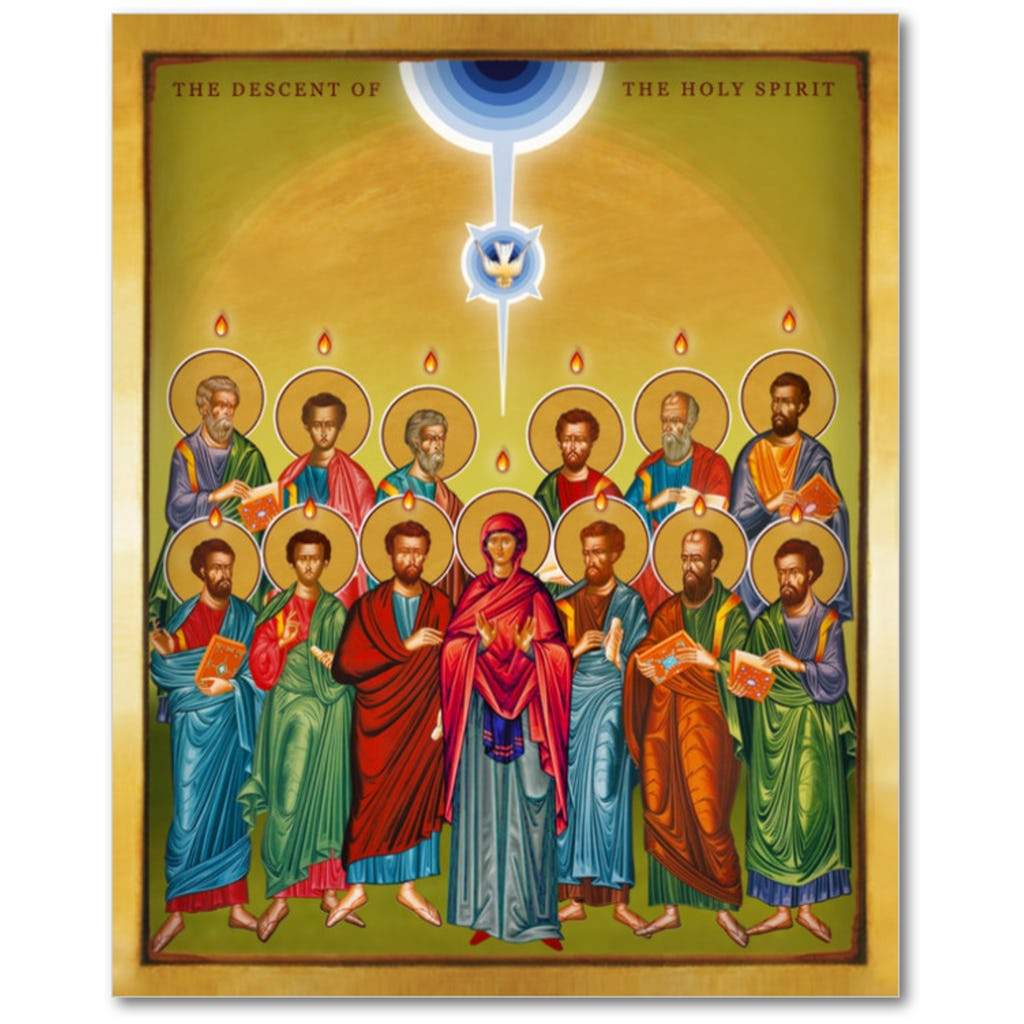
Copies of the various gospels, books of instruction (like The Didache), the epistles, and other important documents had to be copied by hand and then delivered by individual human carriers (telegraph, telephone, and email being quite some time in the future). Any given church might have two, maybe three of the Gospels and a handful of some of the epistles alongside some books of local instruction, letters and writings that were not later made canon, and letters and writings that would later be held to be heretical (in error).
So then, how did the Church as a whole continue to ensure that it was teaching things correctly when the New Testament was still being gathered?
The answer is two words that some of you are gonna hate: Holy Tradition.

Remember, the people who founded the early churches were the Apostles or the Equal-to-the-Apostles (like Mary Magdalene). They had been taught by Christ Himself and had witnessed His earthly ministry. They could teach from memory and, guided and guarded by the Holy Spirit, they did not change the teachings that had been given to them. They made use of writing when it could be useful. They also wrote the first ikons (to the Orthodox, ikons are not paintings, they are writings). These could be very useful in instructing and inducting new Christians since the Romans would see only “pretty artwork” but the message contained in the ikon could be understood by Christians who had not learned to read. The Apostles would lay their hands on those who were to take over the teaching and administration of a given church and would ask that the Holy Spirit guide and guard the new deacon/priest/bishop the same way He had guided and guarded the Apostles. Then the Apostles would go off to found another community.
That laying-on-of-hands is important. That’s how tonsuring and ordination is done. Every single deacon, priest, bishop, metropolitan, and patriarch of the current Orthodox Churches can trace their lineage through the direct laying-on-of-hands all the way back to Pentecost. It’s an unbroken line that, in the West, only the Pope can match. It was also one of the first sacraments. Others were baptism by full immersion in water, the Eucharist at the shared meal at the “love feasts,” the anointing with holy oil the newly consecrated and the sick, the blessing of matrimony, and the practice of confessing ones sins before God.
“But, those are all mentioned in the New Testament!”
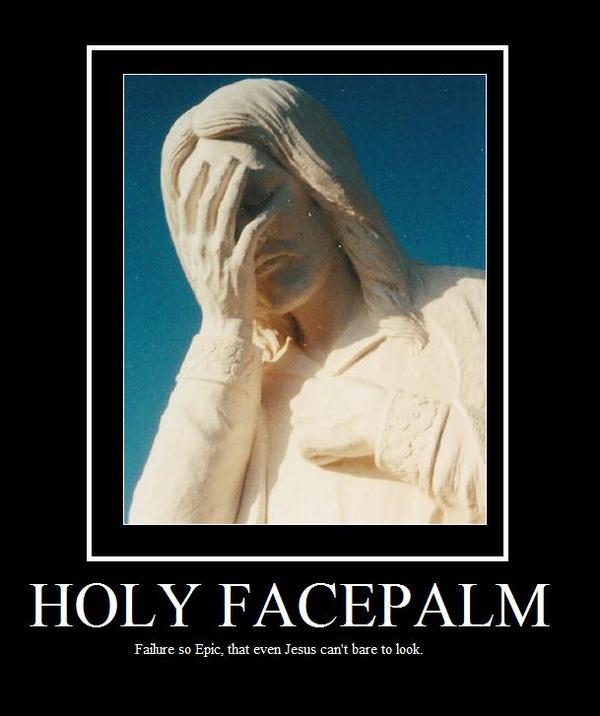
Yes, they would be mentioned in it. Once it was written. Once it had been compiled. Once every church had a copy of it. But what about the churches in the first few centuries who had only oral teachings and a handful of notes to work off of? They were somehow able to follow the teachings without needing a copy of any of the written Gospels or the Epistles. Indeed, it would be because of the importance of Holy Tradition that the physical written texts were preserved, copied, and shared between the communities! The New Testament itself is one of the fruits, one of the products, of Holy Tradition!
Holy Tradition itself arose out of Judaism, one of the few “early” religions to place importance on written Scripture as well as oral traditions and observing annual celebrations (like the Passover). Most religions from early history did not have a strong literary component and did not require literacy to achieve rank within them. So, the emphasis on keeping records of the actual teachings in writing and preserving and copying those writings came to Christianity straight from the faith of the Jewish fathers. Remember, almost every last Apostle was Jewish. The first council in Jerusalem actually dealt with the question of “did Christians need to convert to Judaism first?”
Much of the formality of Orthodox liturgy and the Catholic mass likewise arises out of Judaism. Jewish practices at the synagogues and Temple formed the basis for how worship services were carried on in Christianity. Like the first century Jews, our worship services consist of:
- An opening blessing
- Prayer
- Readings from the Law (Judaism)/Readings from the New Testament (Christianity)
- Readings from the Prophets (Judaism)/Readings from the Gospels (Christianity)
- Sermon
- The Eighteen Blessings (Judaism)/The prayers to prepare for the Eucharist (Christianity)
- The Dismissal
(Taken from The Historic Church, pages 26 – 27, by Archpriest John Morris)
The other things that make some Protestants twitch also come out of the first few centuries following Pentecost. By the time that the New Testament canon was set (sometime in the fourth and fifth centuries), the Church already had a rich support in Holy Tradition to keep it from falling into error and worse. It also had a structure that protected it from being overly influenced by the government — a structure that worked well in the East but was discarded in the West.
But we’ll get to that next time.
— G.K.












